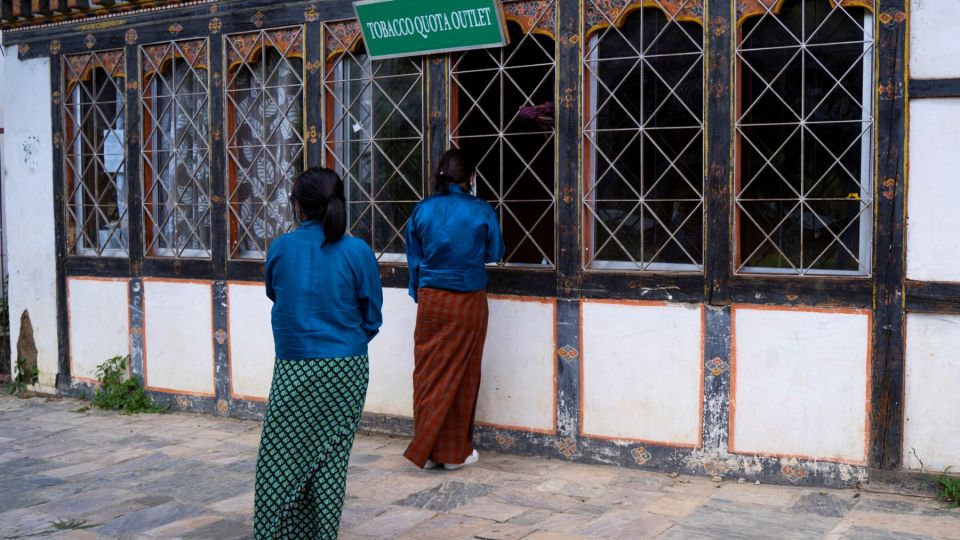November 21, 2025
THIMPHU – Amid rising speculation of shortages in alcohol, tobacco and pan masala ahead of the new tax regime, the Department of Revenue and Customs (DRC) has clarified that import and supply levels remain unchanged from last year. Any scarcity seen in shops, it said, is likely the result of traders deliberately withholding goods rather than an actual disruption in supply.
Imports of excisable goods are set through annual quantitative caps, which the department says are based on data, not guesswork.
“The import and distribution of excisable goods, specifically alcohol, tobacco and pan masala, are subject to quantitative caps. These thresholds are not arbitrary; they are scientifically computed based on the actual import and distribution data of the preceding year, 2024,” said an official from the department.
In effect, the same volume that met consumption needs last year has been released into the market this year.
The Ministry of Finance also confirmed that the approved quantities match those of the previous year and should be sufficient to meet demand. Yet visible shortages have emerged in some regions, prompting public concern.
According to the DRC, the appearance of scarcity may have little to do with supply levels.
“Even though supply and demand are balanced, a shortage might still appear. This is probably not because there isn’t enough stock officially approved, but because some sellers may be holding back products on purpose. They might do this to make it seem like there’s a shortage, drive up prices, or control how much is available in stores,” the DRC stated. To address these concerns, the DRC and the Competition and Consumer Affairs Authority (CCAA) launched joint market surveillance on November 4. The inspections began in Thimphu and were carried out simultaneously in Paro, Phuentsholing, Samtse, Gelephu, Samdrupjongkhar, Mongar and Bumthang.
“To ensure fairness and consistency across the country, market inspections were also simultaneously carried out at the same time in all regions led by the respective Regional Revenue and Customs Offices,” the department said.
Inspection teams were tasked with monitoring market behaviour, identifying possible hoarding and scrutinising price movements ahead of the tax changes. While the DRC has not received formal complaints, the CCAA confirmed that a few cases are being reviewed.
“So far, the DRC has not received any formal complaints regarding shortages of alcohol, pan masala or tobacco. However, CCAA has received a few complaints, which are currently under review,” the DRC stated.
The department warned that strict action awaits businesses found hoarding or inflating prices.
“If any distributor, dealer, or shop is found to be hoarding goods, raising prices unfairly, or overcharging customers, strict action will be taken as per the law in force,” it said, noting that penalties will depend on the severity of the violation and will be enforced under both the Customs Act and the Consumer Protection Act.
Authorities are now examining import records, manufacturer price declarations, distribution patterns and retail price trends. The department noted that if retail prices rise while declared costs remain unchanged, it might indicate manipulation. In such cases, the DRC will work with the CCAA to investigate.
Beer manufacturers have raised their own concerns, warning that beer produced in 2025 should not reappear with inflated prices in 2026. The DRC said such cases would be “subject to detailed investigation and verification,” adding that batch-wise tracking and duty-payment checks would be used to detect wrongdoing.
Although the DRC says it has been working since July to prevent market disruption, shortages still surfaced. The department urged caution before assigning blame.
“In a complex situation involving many layers of traders, manufacturers, and sellers, it’s not helpful to immediately judge what went right or wrong,” it stated, adding that business expectations, policy understanding, regional patterns and consumer behaviour all shape market realities.
Findings from the ongoing inspections, the DRC said, will help inform stronger policies and ensure market stability as the country transitions to the new tax regime.


